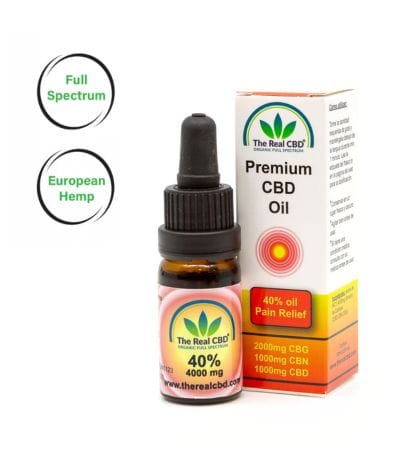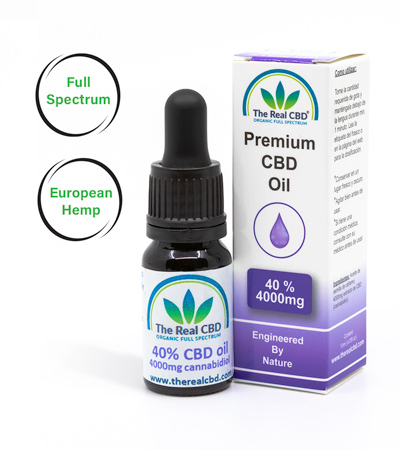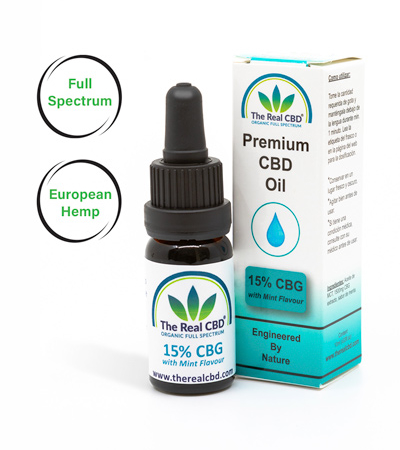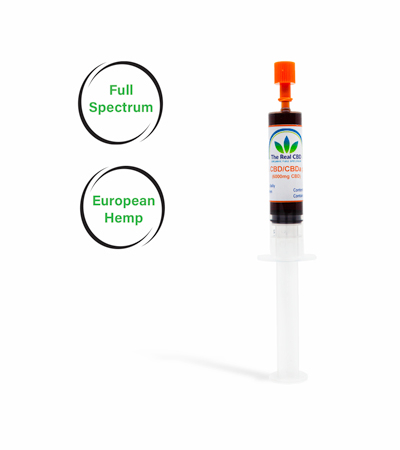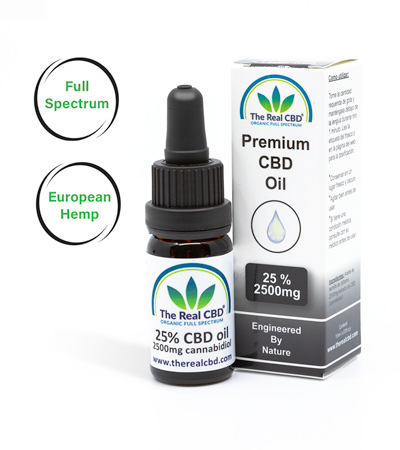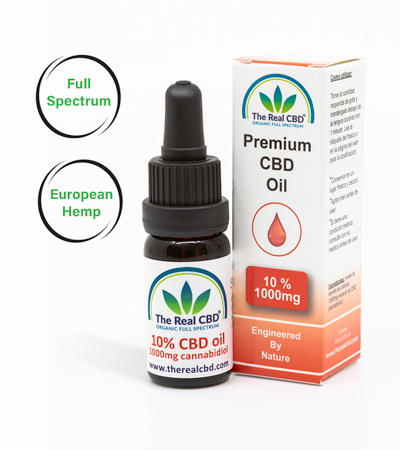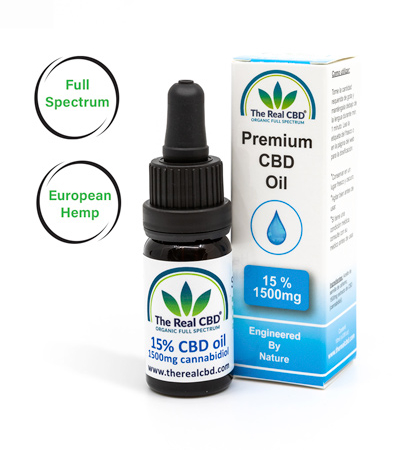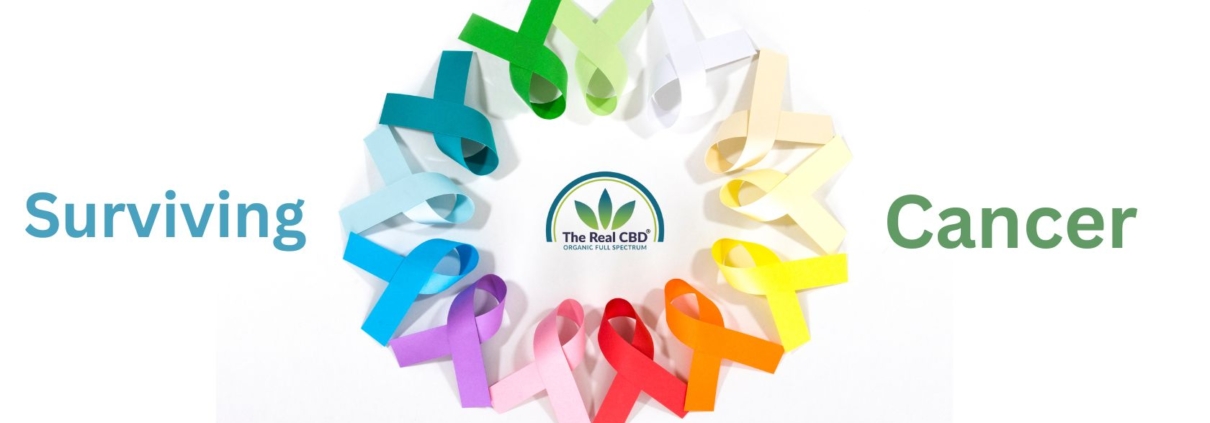
Estimated reading time: 13 minutes
- CBD for cancer
- What are Cannabis and Cannabinoids?
- Cannabis oil, Hemp oil, and CBD for cancer
- Why do Cancer patients use Cannabis and CBD?
- How to use Cannabis products
- What do the CBD for cancer studies reveal?
- Managing symptoms of cancer treatment with CBD
- CBD for Cancer potencial Side Effects
- Maintanance with CBD after Cancer
- RSO stands for Rick Simpson Oil.
- What is the most important fact about CBD for cancer patients?
- What does the law say about Cannabis and CBD oil
- Cannabis
- CBD Products
- The Real CBD oil for Cancer patients
- The Real CBD for cancer patients in Remission
- FAQ – CBD for cancer
CBD for cancer
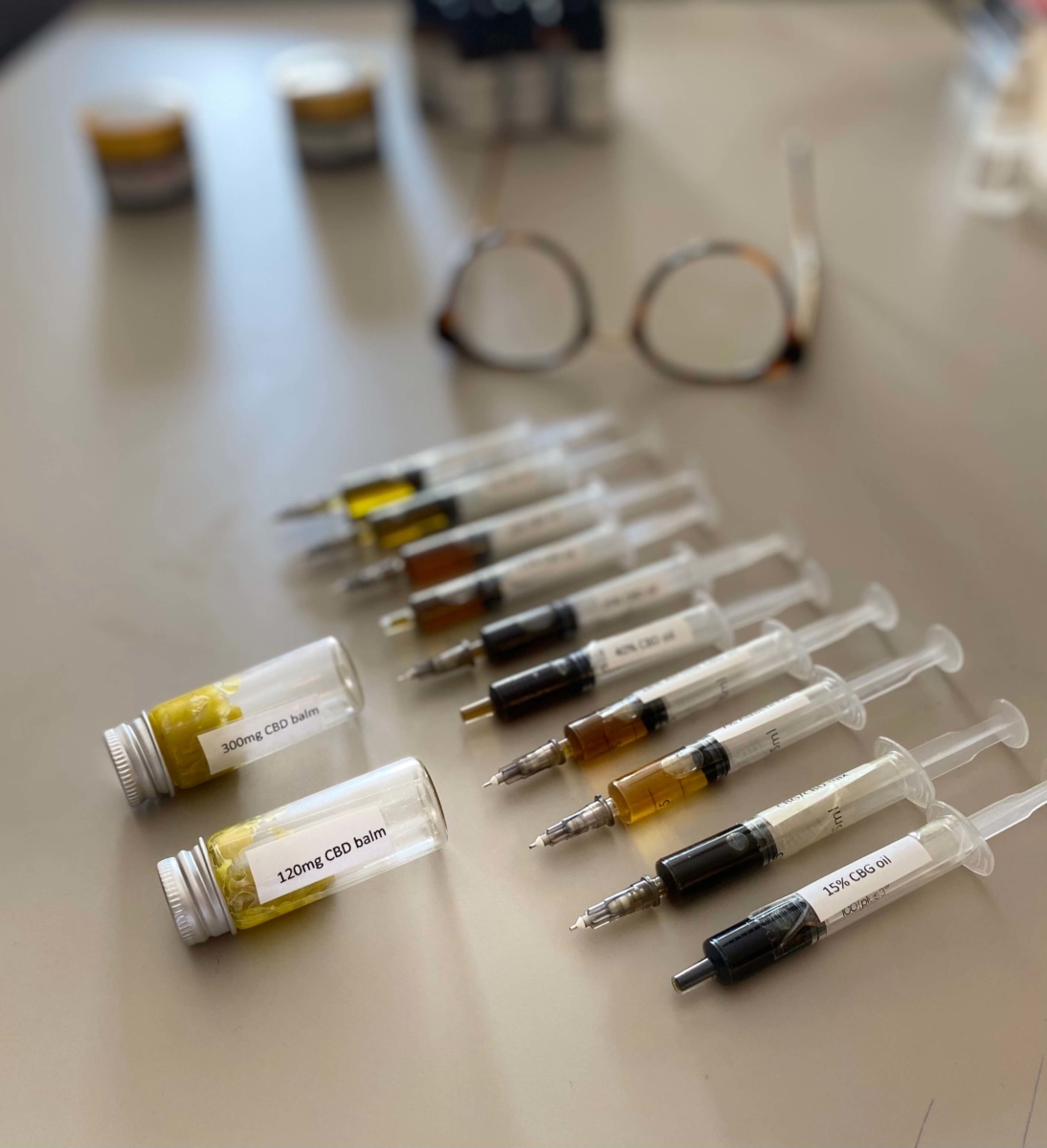
Cannabis is just a plant. People are affected in different ways by it, which is the same for CBD for cancer. It might have a calming and relaxing effect. However, it can also lead to:
- Feel unwell
- Impair your memory
- Leave you feeling drained
Chemically, hemp and cannabis both contain CBD.
- Cannabis is used medically and recreationally for ages.
- Cannabis is studied in order to determine whether it can be used to treat cancer.
- Cannabis-derived synthetic compounds are an ingredient in some anti-nausea medications.
What are Cannabis and Cannabinoids?
Cannabis is the name of the plant. It has many names including:
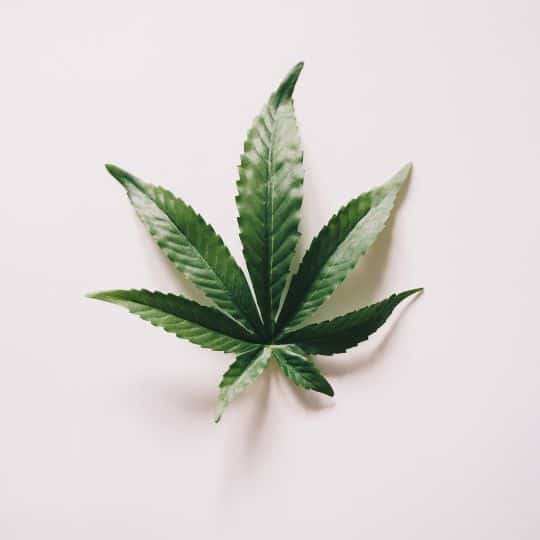
- Marijuana
- Weed
- Hemp
- Grass
- Pot
- Dope
- Ganja
- Hash
The plant secretes a resin loaded with various chemicals known as cannabinoids, which exert healing effects on the body.
The main cannabinoids in Cannabis are:
- Cannabidiol (CBD)
- Delta-9-tetrahydrocannabinol (THC)
The psychoactive compound THC can produce a “high” experience. Your mood and feelings may change as a result of how your brain functions differently.
Without producing the same psychoactive “high” as THC, CBD is a cannabinoid that may reduce anxiety, reduce inflammation, and relieve pain.
These and other compounds are present at varying levels in various cannabis varieties. This implies that they may affect the body in many ways.
Cannabis oil, Hemp oil, and CBD for cancer
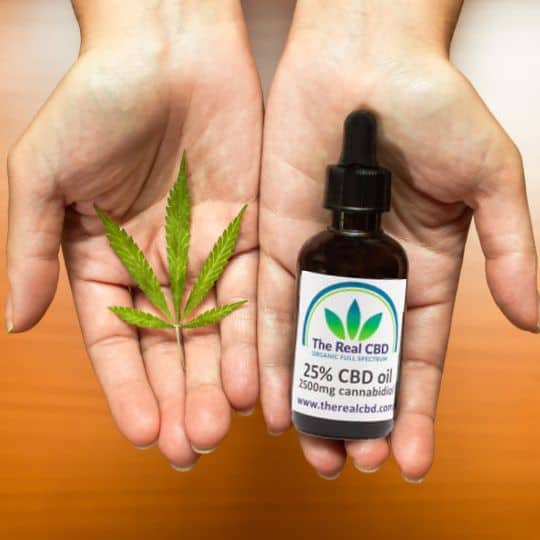
Producers extract different types of oil from various components of the cannabis plant. While health food stores legally sell some as food supplements, the sale of other types of cannabis oil remains illegal.
CBD oil – (low THC levels)
THC is present in CBD oil in microdoses, to create the Entourage Effect. CBD oil, extracted from the flowers of the hemp or cannabis plant, cannot be marketed as a medicinal product. CBD oil on its own is not a treatment for cancer.
Cannabis oil (high THC levels)
The cannabis plant’s flowers and leaves are what are used to make cannabis oil. The psychotropic component THC is present in high concentrations of cannabis oil. Most nations forbid the sale of cannabis oil – legal THC content is 0.2%-0.3% THC.
Hemp seed oil (No THC or CBD content)
Hemp oil is made from the seeds of a certain variety of cannabis plant that lacks the psychotropic compound THC. A wood varnish, an ingredient in soaps, and a protein supplement for food are just a few uses for hemp seed oil. There are no therapeutic benefits to hemp seed oil.
Why do Cancer patients use Cannabis and CBD?
Cannabis has served medical and recreational purposes for centuries.
The potential of cannabis to treat cancer has sparked considerable interest. However, whether cannabinoids can treat cancer in people remains uncertain, as scientific research has so far been confined to labs and yielded inconsistent results. Reports suggest that high levels of THC may be effective in cancer treatment.
According to research, certain cannabinoids can:
- Cause cell death;
- Restrict cell growth;
- Prevent the growth of blood vessels, which are necessary for tumours to grow
- Lessen inflammation
- Limit the ability of cancer to spread.
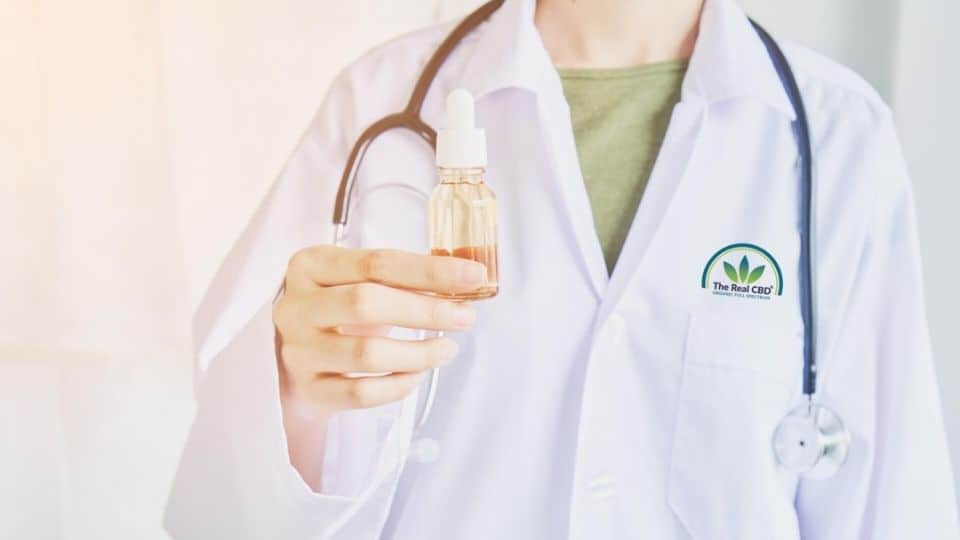
CBD oil can help treat people’s illnesses and discomfort.
Medicinal Cannabis
This refers to a symptom-relieving product made from cannabis.
Some products are available as medicinal cannabis upon prescription. These drugs could be prescribed to manage symptoms.
Nabilone (Cesamet). This medicine, derived from Cannabis, holds a licence to treat severe nausea caused by chemotherapy when other anti-sickness drugs fail to work. You must take the capsule whole.
Sativex (Nabiximols) Sativex is a drug coming from cannabis. For those with Multiple Sclerosis who have tried various treatments without success, this may work. You spray Sativex, a liquid, into your mouth. Sativex is being studied as a potential treatment for cancer symptoms and for specific types of cancer.
How to use Cannabis products
- Cannabis-related goods include:
- Smoked
- Applied as a patch,
- Vaporized,
- Consumed (eating or drinking),
- Absorbed via the skin,
- Administered as a cream, or
- Applied as a spray.
Cannabinoides CBD and THC for cancer treatment
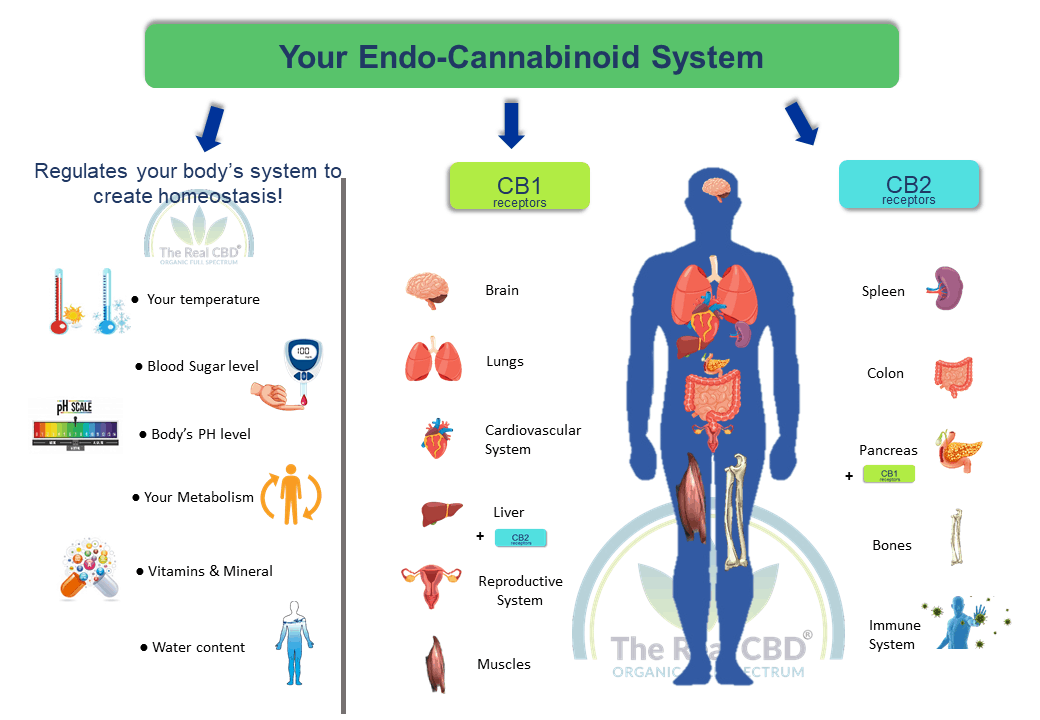
What do the CBD for cancer studies reveal?
Cannabinoids can, according to research, kill a cell, prevent it from proliferating, and prevent it from creating new blood vessels.
- Cannabis as an Anticancer Agent:
- Cannabis Use in Patients With Cancer: A Clinical Review
- Cannabinoids in cancer treatment: Therapeutic potential
- Cannabis and Cannabinoids (PDQ®)
- Use of Cannabis and Cannabinoids for Treatment of Cancer
Managing symptoms of cancer treatment with CBD
Managing the side effects of cancer treatment is a pivotal aspect of improving the quality of life for patients undergoing such therapies. CBD, a non-psychoactive compound found in the cannabis plant, has been the subject of interest for its potential in this area. Below is an understanding of how CBD may play a role in managing cancer treatment symptoms, presented with the current UK perspective in mind.
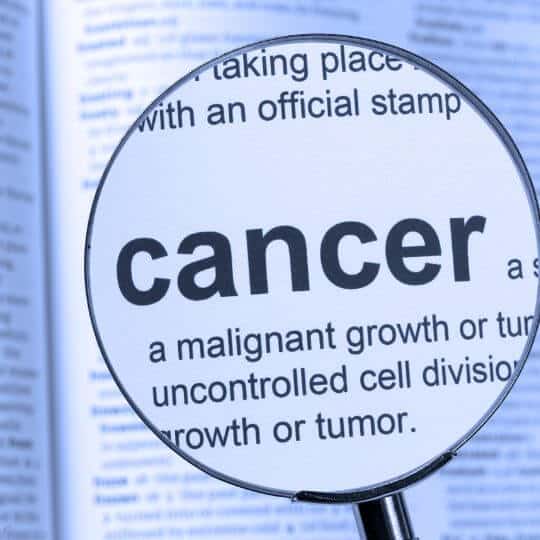
CBD and Pain Management
One of the most commonly reported benefits of CBD is its potential to alleviate pain, which can be a significant concern for cancer patients. CBD may interact with receptors in the brain to reduce inflammation and the perception of pain. Some patients have reported finding relief with CBD products where traditional pain management strategies have fallen short.
Alleviating Nausea and Vomiting
Chemotherapy-induced nausea and vomiting are among the most challenging side effects for patients. There is some evidence to suggest that CBD can help in regulating nausea and vomiting by interacting with specific receptors that affect these symptoms.
Appetite Stimulation
Cancer treatments can often lead to a loss of appetite, making it difficult for patients to maintain their nutritional intake. CBD has been noted for its ability to help some patients in restoring their appetite, which is crucial for their strength and overall health.
Anxiety and Sleep Disturbances
The stress of dealing with cancer and its treatments can lead to anxiety and sleep disturbances. Cannabidiol has been reported to have calming effects that might help in easing anxiety and improving sleep patterns.
Find your CBD for Anxiety here
CBD for Cancer potencial Side Effects
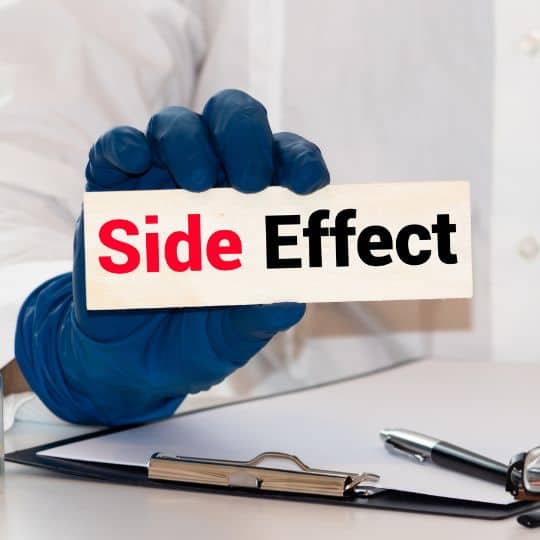
Despite the widespread acclaim, CBD is not without its potential drawbacks. Understanding the side effects is pivotal for making an informed decision.
Dry Mouth
Often referred to as ‘cottonmouth’, this is one of the most common side effects, potentially leading to discomfort and thirst.
Drowsiness
Some individuals may experience drowsiness or light-headedness, which could affect tasks that require full attention, such as driving.
Blood Pressure Changes
Initial studies suggest CBD may impact blood pressure, necessitating caution for those with blood pressure-related conditions.
Interactions with Medications
CBD can interact with certain medications, akin to the grapefruit effect, by affecting the cytochrome P450 enzyme system.
Read more about CBD Interactions here
Digestive Upset
In some cases, individuals might experience digestive issues, such as diarrhoea or changes in appetite.
Maintanance with CBD after Cancer
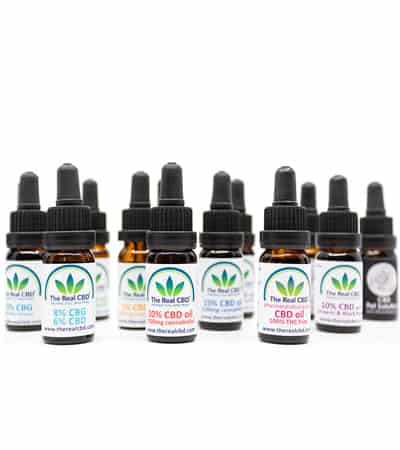
- We recommend that once you are in remission or cancer-free you continue to take CBD oil preventatively. For the first 3 months, you can take up to 250mg CBD Pr. day. That is 50 drops of 10% CBD oil or 33 drops of 15% CBD oil.
- After the first 3 months, you can keep maintenance of approx. 100mg CBD / day. That is 20 drops of 10% CBD oil or 13 drops of 15% CBD oil.
More from our blog on CBD for cancer:
RSO stands for Rick Simpson Oil.
Rick Simpson Oil (RSO) is becoming more and more popular among cancer patients who have heard that it is good for their health. Unlike other cannabis oils, RSO has a lot of tetrahydrocannabinols (THC), the part of marijuana that makes you feel high. Some people might be reluctant to try a product that makes them feel “high,” but the benefits of RSO are worth thinking about.
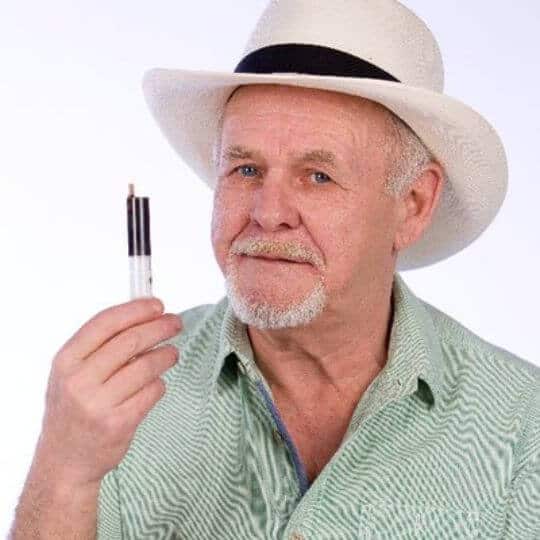
Online articles say that Canadian engineer and cannabis supporter Rick Simpson found out about the benefits of cannabis when he used it to treat his pain after a bad fall. Later, when he was told he had basal cell skin cancer, he used cannabis oil to treat it. He says to have been able to cure cancer this way.
Oil from Rick Simpson
Even though there is no scientific proof that RSO or other cannabis oils can cure cancer, early study suggests that THC may be able to fight cancer. Studies on animals and in labs have shown that THC and other chemicals in cannabis can stop cancer cells from spreading and slow the growth of tumours. There is also proof that RSO can help people with cancer who are getting chemotherapy deal with symptoms like feeling sick and losing weight.
Also, cannabis is a safe way to treat pain, with only small side effects like feeling dizzy or having short-term memory problems. Given the positive studies and benefits that have been reported, it’s worth looking into how RSO and other cannabis oils could be used to treat cancer.
Studies have shown that THC and other chemicals in weed kill cancer cells without hurting healthy cells.
Cannabis is usually safe. Dizziness and memory problems are common side effects.
What is the most important fact about CBD for cancer patients?
There is still much to learn. Always inform your healthcare team if you are using CBD oil. This way, we can ensure that nothing interferes with your cancer treatments or other medications.
We are not doctors or scientists. Therefore, we can only recommend it according to what our clients have been experiencing and other anecdotal evidence.
More about CBD for cancer
What does the law say about Cannabis and CBD oil
Cannabis remains largely illegal in the United Kingdom under the Misuse of Drugs Act 1971. It is classified as a Class B drug, and possession, production, and distribution of cannabis are offences that carry significant penalties. Here is an overview of the current legal stance on cannabis in the UK:
Cannabis

Possession
Possession of cannabis is illegal. Being caught with cannabis comes with potential penalties ranging from a warning or an on-the-spot fine (Cannabis Warning) to arrest and conviction, which can result in a maximum of five years in prison, an unlimited fine, or both.
Cultivation
Growing cannabis plants at home or anywhere else is also illegal. Cultivation can lead to a maximum sentence of 14 years in prison, an unlimited fine, or both.
Distribution and Trafficking
Selling, dealing, or trafficking cannabis can result in up to 14 years in prison, an unlimited fine, or both.
Medical Cannabis:
As of November 2018, specialist doctors in the UK can legally prescribe cannabis-derived medicinal products for conditions where there is evidence of benefit. However, these prescriptions are highly regulated and only provided in circumstances where other treatments have failed.
CBD Products
While cannabis itself is illegal, there is an exemption for some cannabis-based products, such as CBD oil. CBD is legal in the UK provided it has been derived from an industrial hemp strain that is EU-approved or comes from outside the EU and contains no THC, or very trace amounts (less than 0.2%).
‘Cannabis Clubs’
There has been a rise in so-called ‘cannabis clubs’ across the UK where members can freely consume cannabis within a private setting. However, these clubs are not legal, and those involved can still be liable for prosecution.
Decriminalisation Debates
There have been ongoing discussions in the UK about decriminalising cannabis, following the example of several other countries. However, as of my last update in April 2023, no changes have been made to the legal status of cannabis for recreational use.
The Real CBD oil for Cancer patients
The Real CBD for cancer patients in Remission
FAQ – CBD for cancer
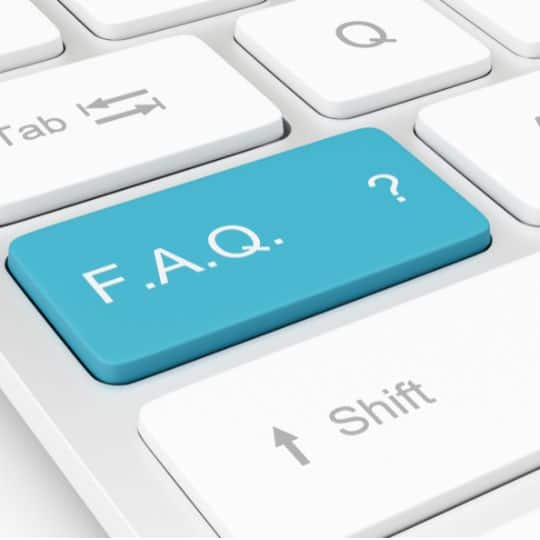
While CBD is known for its therapeutic benefits, there is no conclusive scientific evidence that CBD can cure cancer. It may help alleviate some symptoms associated with cancer treatments, such as pain and nausea, but it should not replace conventional cancer therapies.
CBD is generally considered safe, but cancer patients should consult with their doctor before using it. This is especially important to ensure it doesn’t interact with other cancer treatments or medications.
CBD may offer benefits such as pain relief, reduction of chemotherapy-induced nausea and vomiting, improved sleep, and reduced anxiety. However, these benefits can vary and should be discussed with a healthcare provider.
The method of taking CBD can vary (e.g., oils, tinctures, capsules). The choice depends on personal preference, the specific symptoms being targeted, and advice from a healthcare provider. Dosage should be determined in consultation with a healthcare professional.
CBD can cause side effects like fatigue, diarrhea, and changes in appetite or weight. It’s important for cancer patients to monitor for these and discuss any concerns with their healthcare provider.

